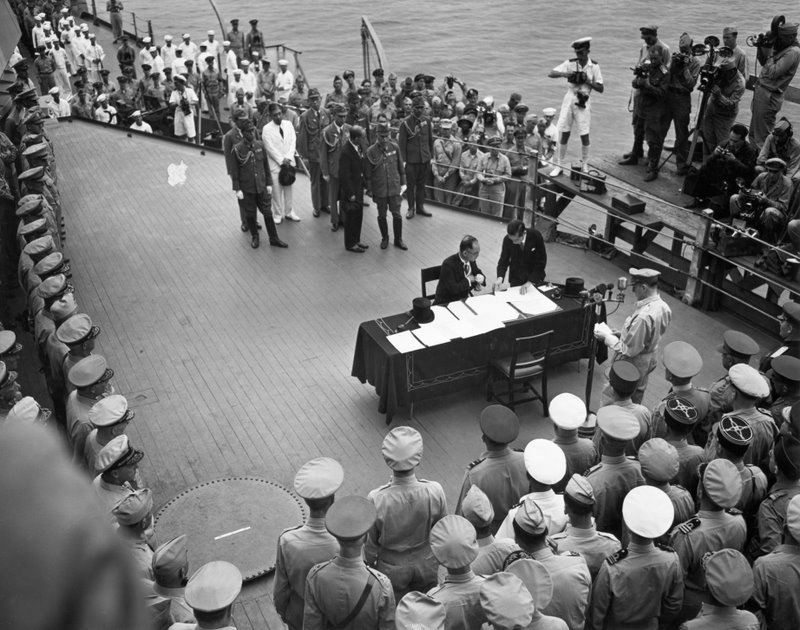A Justification For More History in American Schools
 The small high school where I teach cut one year of American History
from the district curriculum to make way for another math class. Before the change students were required to
successfully pass two years of American History. American History A was completed by students
in their sophomore year, and American History B was completed by students in
their junior year.
The small high school where I teach cut one year of American History
from the district curriculum to make way for another math class. Before the change students were required to
successfully pass two years of American History. American History A was completed by students
in their sophomore year, and American History B was completed by students in
their junior year.
Before the change it was perfect in so many ways. With two years for American history, I had
time to explore and teach in-depth of those important American documents such
as the Declaration of Independence, and teach all the way to the conflicts in
Iraq and Afghanistan. I had two weeks to
teach World War II, with time remaining for teaching the roots of the Vietnam
War. I had time for field trips to area
museums and interview local veterans about their time in the service and
historic conflicts. Then, we had time to
complete a research paper for the end of the semester, which students then
presented to their peers.
But with the short presentation by the superintendent and a
quick vote by the school board, this changed.
Now, I have only one year to cover the same
information. So students do not have
field trips, the veteran interviews have been deleted, and no term papers (yes,
this broke my students’ hearts). Now,
the opportunity to deeply and richly explore issues and concepts are gone since
students’ time has been hacked in half.
When I spoke with the powers that be, it was explained to me
how important it was for our students take more math classes. This, it was hoped, would raise our math
scores. Yes, I agree, math is important, but isn’t history also important?
I was told the school district had to raise the achievement
levels in the area of math, and one possible solution to my dilemma might be
for me to be more selective in what I teach in history. In other words, skip entire subjects and
teach only the most important subjects or concepts of American History. This is easier said than done as History, and
many other social studies classes have a unique situation; the curriculum
continues to grow.
Here’s what I mean. I
started teaching in 1998. Just think
about all that has changed since 1998.
Bill Clinton was President, George Bush was just making sounds about
running for president, the idea of having American troops in the Iraq and
Afghanistan would sound crazy in 1998, the government was running a surplus in
revenue, cell phones were just that, phones without cameras and other computing
devices, people still bought their music at stores on CDs, and I kept my grades
in a book, not on the computer. In
short, so much has changed in government, civics, society, and history. But every year more is added to my subject of
history. So, what kind of education
might my students receive if I stopped in the year 1998?
So if I had to skip some subject, then I would have to
pick. But there will be some losers and
some winners. And what is important for
one year, might be kicked out since something more current and pressing emerges. For example, during the late 90s, the balance
budget amendment was huge news. The
amendment nearly passed the Senate and failed by one vote. The one senator who did not support it was
Senator Hatfield from Oregon – A Republican. Today, who remember this? Would this win out compared to the issue of homeland
security today? Also, what I believe is
important, another history teacher may not deem as important. Even with standards, there will be many holes.
Although I am not a math and English teacher, I do not see much
changing in these curriculums every four or eights years. Math intergrades are not voted out of office
and the negative number take over. And
students do not need to understand the ramifications of the negative numbers
upon the government. These subjects do
not grow exponentially as it does in History or other social studies area.
In short, social studies is unique for many reasons. But one specific area that it is different is
how it changes and more is added to the curriculum every year. And, to pick and choose will create “holes”
in students’ knowledge in the subject. This is why more time is need in American
schools for History and other social studies subject.

